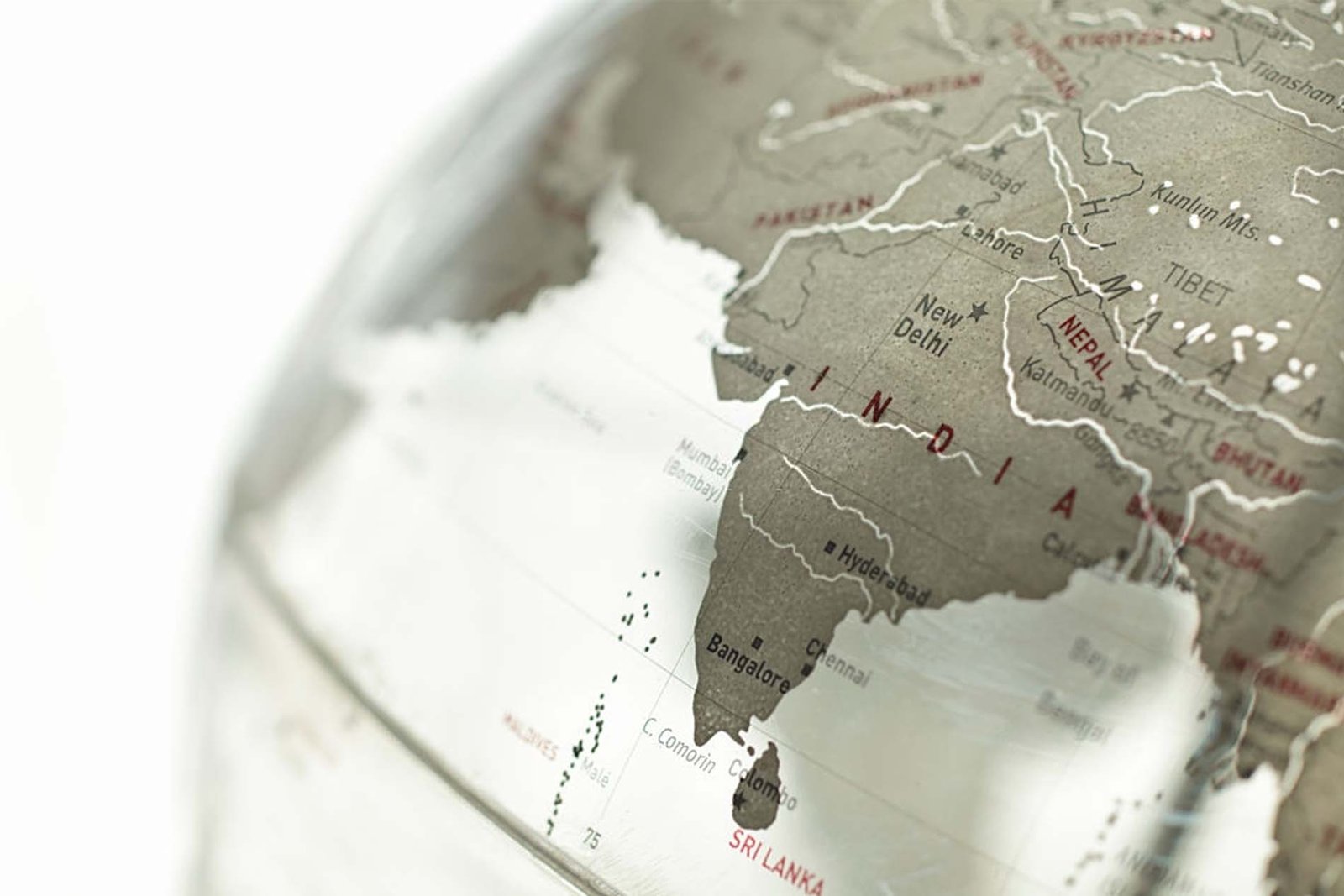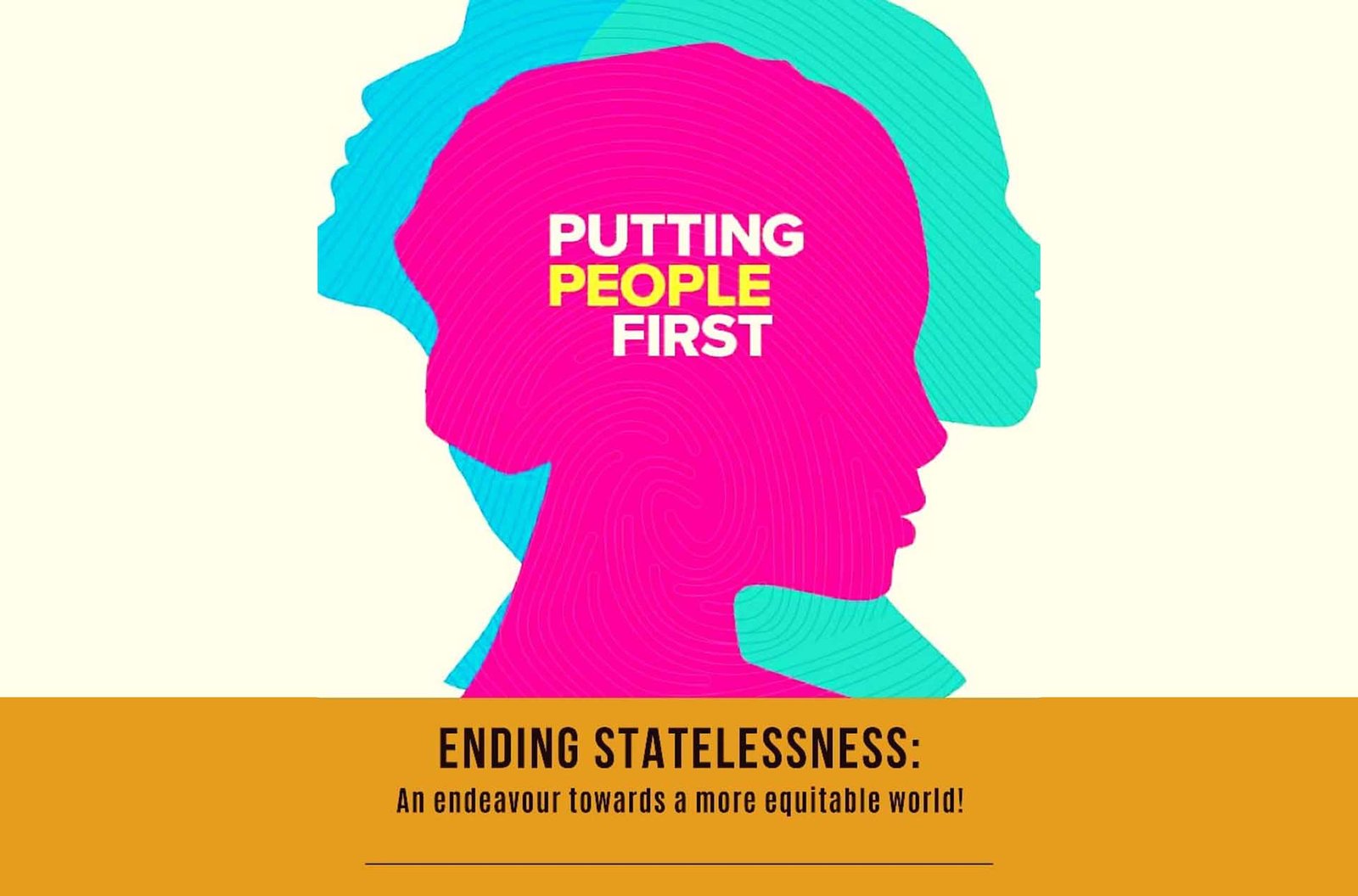
The Curious Case Of Indian Populism

A politician in India rises from either a generation of politicians or from an urge to revolt against and revolutionise the mainstream idea. Does this mean we do not have people who want to work for the public? No, but the roots of populism go deeper than that of social work and public service. Aristotle remarked, "Before a crowd, the ignorant are more persuasive than the educated." This fits the Indian political scenario perfectly because for a politician to win, they just need to focus on and exploit a group’s vulnerability and the rest can be ignored. The electoral process in India shows that the country's largest parties, the Indian National Congress and Bharatiya Janata Party, use vote-bank politics till date to garner votes in most of their constituencies.
This does not happen just on the national level but right from the Panchayat elections. Populism and vote banks have a strong connection. Vote banks consist of people who are deprived in one way or the other as a group and are ready to back whoever promises them a way out. Here come politicians with their populist agendas pretending to be their saviours against the elite and privileged. Indian politics has almost always worked like this but then one might point that vote banks do not necessarily include oppressed people. For instance- the Kisaan Andolans in India show that farmers just don't use their group's power to choose a leader but also to have a strong political influence on the government. Although this is rare because instead of using it themselves, they give it to the politician they elect and dwindle on the possibility that the politicians would work for their cause and not save it for the next election season. Also vote banks still defeat the idea of secularism and free and fair elections, where a person contesting from a minority caste already knows he has lost. Why? Because the vote banks are of the majority caste.For instance - A caste of Yadavs belonging to Mathura, a town in Western Uttar Pradesh,believe themselves to be a caste of politicians, formed a political force that reigned most parts of Uttar Pradesh and Bihar for the past 30 years. Their entire election manifesto is about how people should vote for them because they belong to the same community as theirs and have a legacy of politicians. In most of such cases anyone going against them is silenced using muscle and money power.
Populism has been on the rise in India. Let us find out why. For populism to work, one needs a leader who is ready to stand against the high profile and speak for the oppressed. India is a curious case because here a high profile might become oppressed in a matter of seconds; there are just too many parameters. Caste, religion, race, culture are the major categories whereas language, gender, education are minor ones. People don't even realise when they are part of an oppressed group, and suddenly there is someone ready to voice their concerns which they didn't even know existed. Votes can be garnered on any ground for example- Farmers are a whole parameter in themselves. It is speculated that Indira Gandhi used the green revolution to secure the votes of this category. Then there are parties who want to be ‘secular’ by creating Muslim vote banks in response to Hindu vote bank politics. The problem with populism is that it is a bad mix with democracy. Simply put, a person might gain immense support and turn into an authoritarian or a dictator. A fine balance has to be maintained otherwise a democracy could topple over anytime to bring an authoritative regime into power.
Why only a democracy? Because a voice getting support and popularity from the masses would be suppressed in any other form of government. Democracy is the foundational need of populism. One could even say that populism is a testament to the success of a democracy. What beats populism is a perennial question. To understand that, we have to understand the human psyche which drives populism. It seems that whenever people feel that the world is closing in on them, they try to grab whatever they can find to avoid drowning. A German study found that in the past 150 years, for 10 years after every economic recession, votes for populist leaders with extremist ideas increased by 30%. It is not that people's economic status is directly related to choosing populist leaders, but the feeling that they and the public, in general, is suffering makes them vote for people who are against the rich and elite.
Emotions involving ingroup bias and hatred towards the common enemy are a strong driving force behind populism. Hero worship, although rather dramatic, is a frequent practice in populism and we all know nobody can find faults in their heroes hence populist leaders are here to stay. Populist leaders almost always choose their public and their agenda in a way that will ensure maximum coverage. For example, in India-religion being the country's biggest vote bank has some of the most popular leaders riding on it. The BJP went so far as to officially announce itself as a Hindu party in a secular country, which did the trick. 'Hindutva' as coined by Mr.V.D. Savarkar has been the working principle behind the BJP since its founding in 1980 and as time has progressed, it has only grown stronger hence the power of the party. Why does populism irk so many people? Economically speaking, the financial policies tilt towards the poor. They have better opportunities to increase their income, they get protection from the government and are ensured the fulfilment of basic requirements.
https://theconversation.com/why-is-populism-popular-a-psychologist-explains-61319
https://www.oxfordhandbooks.com/view/10.1093/oxfordhb/9780198803560.001.0001/oxfordhb-9780198803560-e-1
https://www.ncbi.nlm.nih.gov/pmc/articles/PMC7981447/ https://www.jstor.org/stable/26999347 https://theprint.in/opinion/asaduddin-owaisis-rise-is-just-the-opportunity-hindutva-politics-is-waiting-for/546837/ https://www.jstor.org/stable/45242366
https://journals.sagepub.com/doi/abs/10.1177/006996670403800103
Refrences
https://theconversation.com/why-is-populism-popular-a-psychologist-explains-61319
https://www.oxfordhandbooks.com/view/10.1093/oxfordhb/9780198803560.001.0001/oxfordhb-9780198803560-e-1
https://www.ncbi.nlm.nih.gov/pmc/articles/PMC7981447/ https://www.jstor.org/stable/26999347 https://theprint.in/opinion/asaduddin-owaisis-rise-is-just-the-opportunity-hindutva-politics-is-waiting-for/546837/
https://www.jstor.org/stable/45242366
https://journals.sagepub.com/doi/abs/10.1177/006996670403800103


